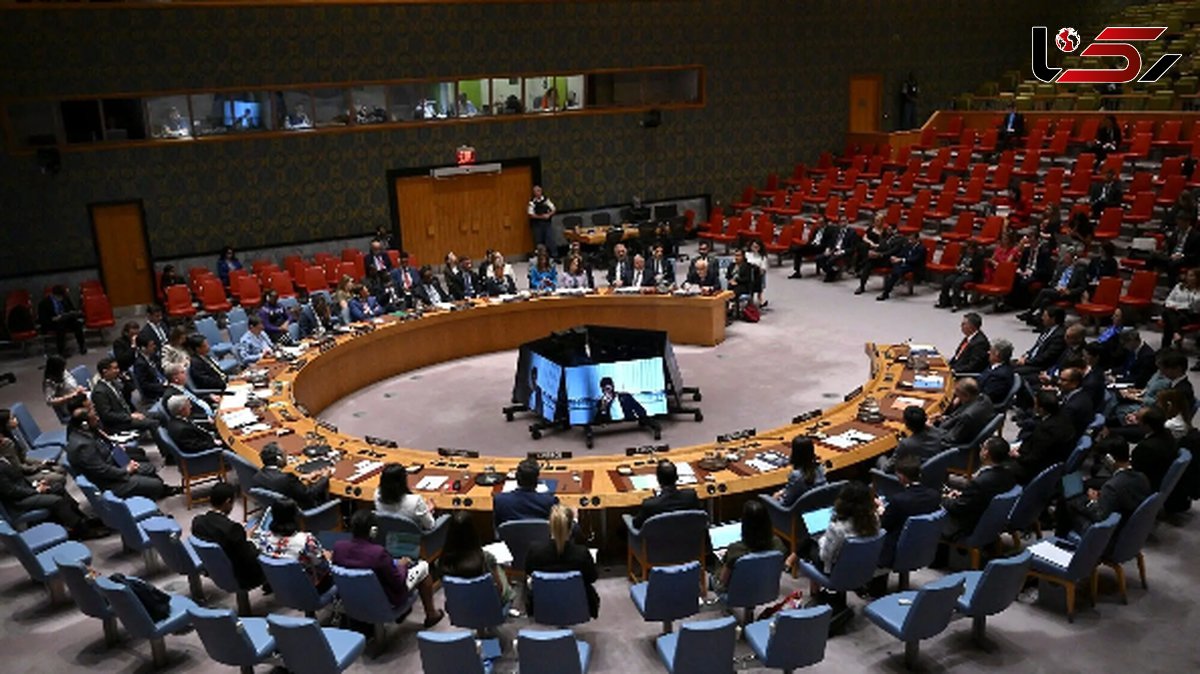Iran Sanctions in Focus as Russia Assumes UN Security Council Presidency
Rokna Political Desk: Russia takes over the rotating presidency of the United Nations Security Council on October 1, raising the likelihood that Iran sanctions will remain a key agenda item throughout the month.

Russia assumes the monthly rotating presidency of the UN Security Council on October 1, 2025. Sanctions against Iran are expected to be one of the main topics on the Council’s agenda.
According to Rokna, citing TASS, Russia will chair the UN Security Council from today (October 1 – 9 Mehr 1404), with Iran sanctions among the primary subjects for discussion.
A noteworthy point is that October 24 will mark the 80th anniversary of the founding of the United Nations. The global organization was officially established on this day in 1945, after the Soviet Union submitted its approval for the UN Charter, and the required number of ratifications was reached.
Vasily Nebenzya, Russia’s permanent representative to the UN, will present the Security Council’s monthly schedule during a press conference at the UN headquarters.
The UN Security Council typically convenes around 20 meetings per month on various issues. In September, the Council reached a historic milestone by holding its 10,000th formal session since 1946, while the total number of resolutions adopted approached approximately 2,800.
Sanctions against Iran were among the main items on the Security Council’s agenda in September, and discussions may continue in October. In late September, the Council rejected a draft resolution proposed by Russia and China that sought a six-month extension of Resolution 2231. UN sanctions on Tehran were reinstated on September 28 after the European trio (Britain, France, and Germany) activated the “snapback” mechanism. However, Russia emphasized that the reinstated sanctions have no legal validity because the snapback process was activated in violation of proper procedures.
Resolution 2231 will expire on October 18. Earlier, Dmitry Polyansky, Deputy Permanent Representative of Russia to the UN, stated that after this date, all restrictions and provisions outlined in the resolution will no longer be in force.
Iran Nuclear Deal
In 2015, Iran, along with China, France, Germany, Russia, the United Kingdom, and the United States, signed the Joint Comprehensive Plan of Action (JCPOA), resolving the crisis that had begun in 2002 with Western allegations that Tehran sought nuclear weapons.
However, in 2018, Donald Trump, then-U.S. President, unilaterally withdrew from the JCPOA and reinstated all sanctions against Iran. In response, Tehran announced in 2020 that it would reduce its commitments under the JCPOA and limit International Atomic Energy Agency (IAEA) inspections at its nuclear facilities. Nevertheless, the IAEA continued its inspections until the recent escalation of tensions between Iran and Israel and the 12-day military confrontation.
Send Comments